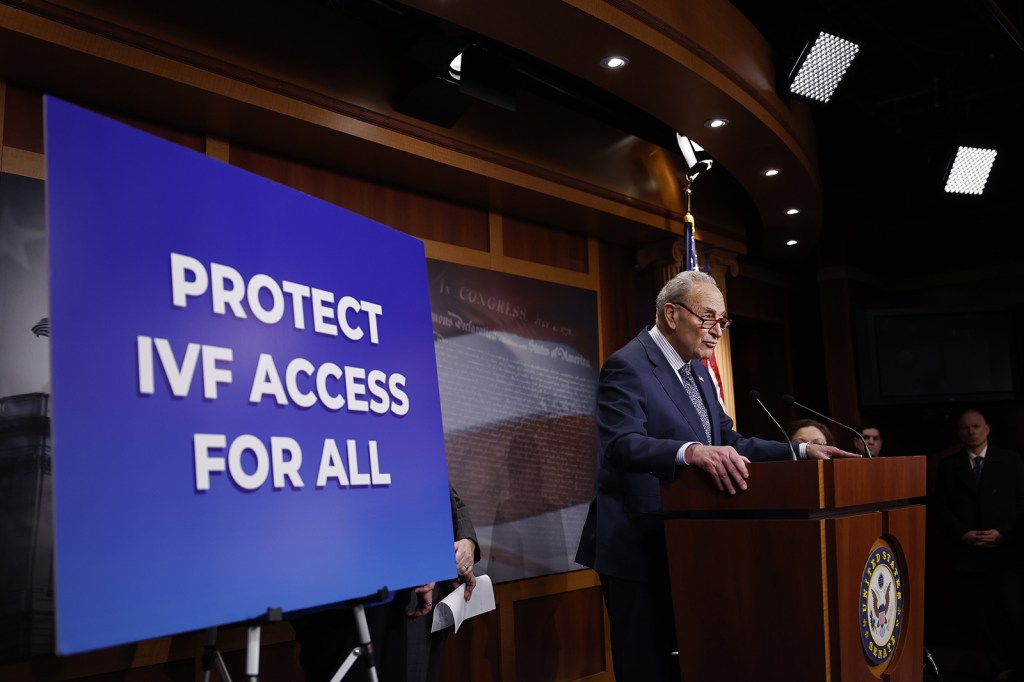Michelle Andrews | KFF Health News (TNS)
Companies have increasingly offered generous fertility benefits to attract and keep top-notch workers. Now, the federal government is getting in on the act. Starting this year, federal employees can choose plans that cover several fertility services, including up to $25,000 annually for in vitro fertilization procedures and up to three artificial insemination cycles each year.
With about 2.1 million civilian employees, the federal government is the nation’s largest employer. Now, just as businesses of every stripe prioritize fertility benefits, in vitro fertilization — a procedure in use for more than 40 years — has become a tricky topic for some anti-abortion Republican members of Congress and even presidential candidates.
It was inevitable that disagreements over IVF among abortion opponents would eventually break into the open, said Mary Ziegler, a legal historian and expert on reproductive health.
“The anti-abortion movement from the 1960s onward has been a fetal personhood movement,” said Ziegler, a law professor at the University of California-Davis. Since the U.S. Supreme Court’s Dobbs decision eliminated the constitutional right to abortion, anti-abortion groups and the Republican Party are grappling with what “fetal personhood” means and how that fits into their position on IVF and other technologies that help people have babies.
The Alabama Supreme Court set the stage for the recent brouhaha with a ruling last month that frozen embryos created through IVF are children under state law. A pair of Democratic senators advanced legislation that would override state laws by establishing a statutory right to access IVF and other such technologies. The bill was blocked on the Senate floor by a Republican opponent.
These events highlight the tough spot in which Republicans find themselves. Many support IVF, and they are keenly aware that it’s extremely popular: 86% of adults in a recent…
Read the full article here







